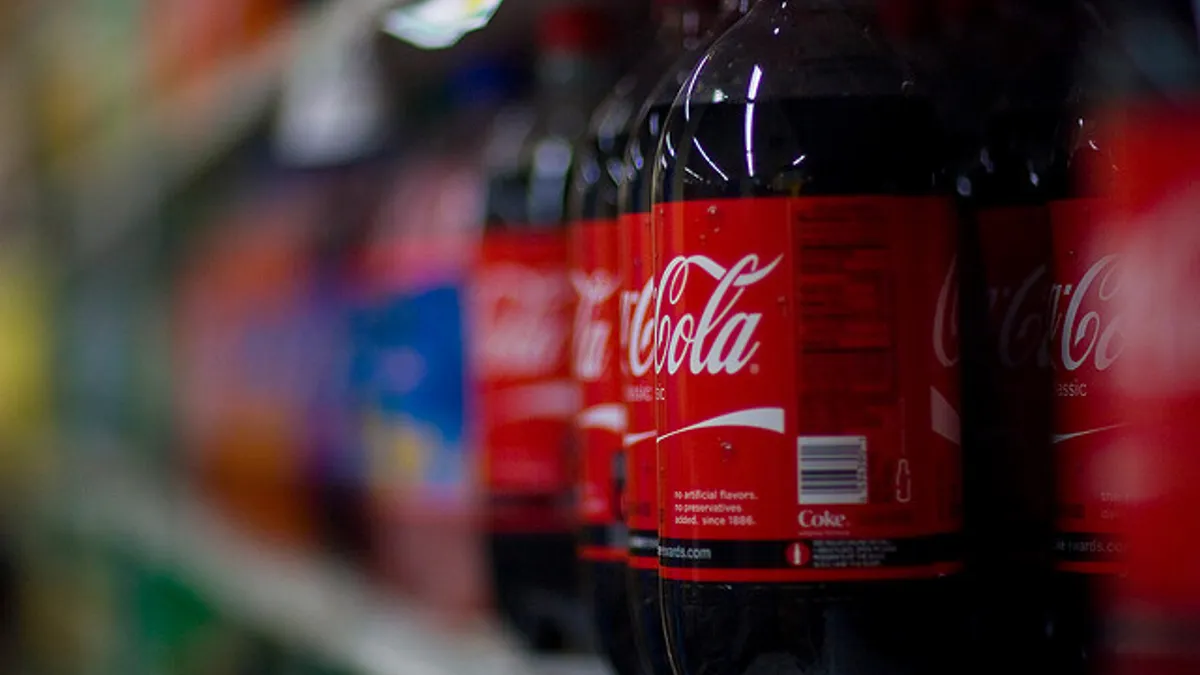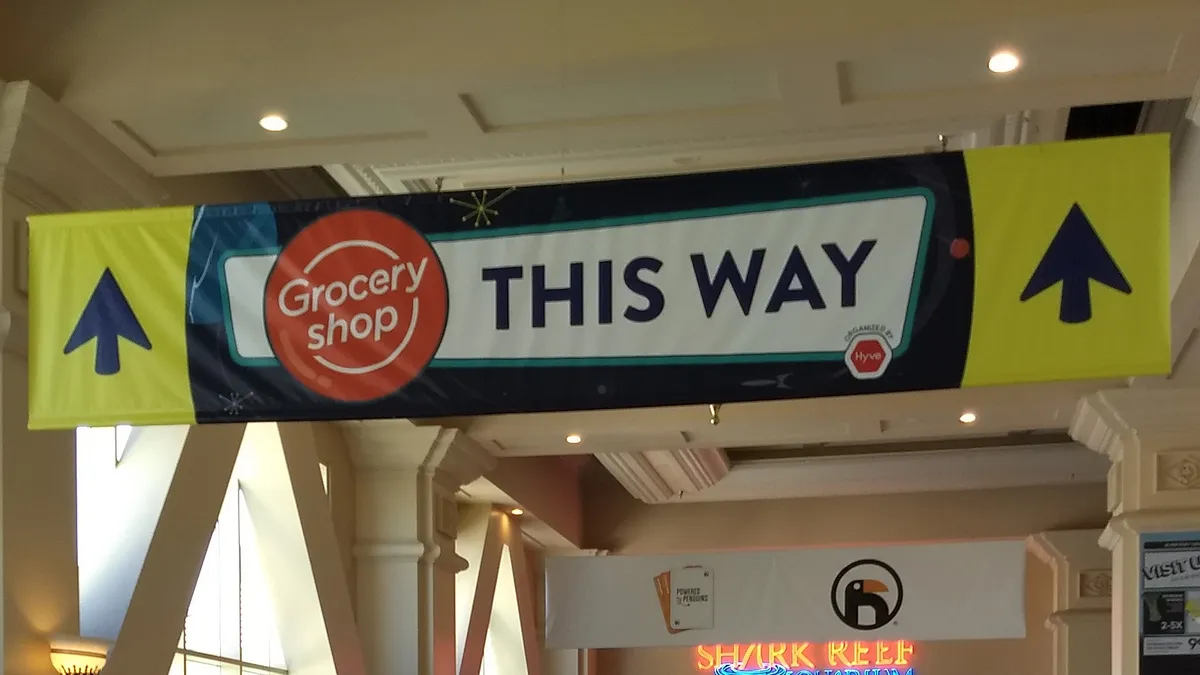Dive Brief:
-
Pepsi has stopped distributing two-liter bottles and 12 packs of soda to Philadelphia retailers three months after the city implemented its soda tax, according to Philly.com and BillyPenn.com. The company will still distribute one-liter and smaller size bottles and cans, which incur less of a surcharge under the city’s 1.5-cent per ounce tax.
-
Coke also has been promoting sales of smaller bottles and cans. According to the Tri-State Operating Unit of Coca-Cola refreshments, the company’s 7.5-ounce mini cans grew sales by 9% last year, while 1.25-liter bottles grew by 9.5%.
-
With sales down 40% in the city, Pepsi said it will eliminate 80 to 100 area jobs unless the tax is lifted.
Dive Insight:
Philadelphia’s volume-based soda tax, which went into effect on January 1st, has nearly doubled the price of two-liter bottles and twelve packs of soda. As a recent Bloomberg story pointed out, a $2.99 pack of twelve cans incurs a tax of $2.16. A $1.89 single-serve 20-ounce bottle is only 30 cents more expensive.
This has hit local distributors and retailers especially hard. A grocer who owns six supermarkets in the city told Bloomberg his sales were down 15% in just over a month’s time, and called the impact “nothing less than devastating.” A local distributor of Canada Dry, Sunkist and other beverages noted sales were down 45% in the first five weeks.
As disruptive as the tax has been, it’s accelerating two already prominent trends in the beverage market: the decline of soda sales, and the increase in revenue for smaller-size bottles and cans. Since introducing the smaller sizes, soda companies have been able to slow their sales decline and, in some cases, stabilize the business. Even though polls have shown as many as 60% of consumers say they’re avoiding soda, many feel less guilty about drinking smaller portion sizes.
Consumers, retailers and distributors in Philadelphia will likely adjust to these new offerings. The time it takes may vary depending on peoples’ habits. Some are venturing out to the suburbs to stock up on soda that isn’t subject to the new tax.
The changing marketplace may provide Pepsi and Coke with an unexpected opportunity to hone their marketing and distribution of smaller portion sodas. But these companies don’t want to see any further erosion in their sales of larger packs and bottles that represent a huge chunk of their business.
The American Beverage Association has already spent millions of dollars to oppose soda taxes like the one in Philadelphia without much success. Their fight is likely far from over. These taxes have only cropped up in a few cities so far, but more are likely on the way as consumer distrust of sugar, alternative sweeteners and Big Soda grows. Local governments, soda manufacturers and consumers will be closely watching to see if other areas experience the same impact from their taxes as Philadelphia has so far. For soda makers, they may soon find that smaller soda sizes are their future.










